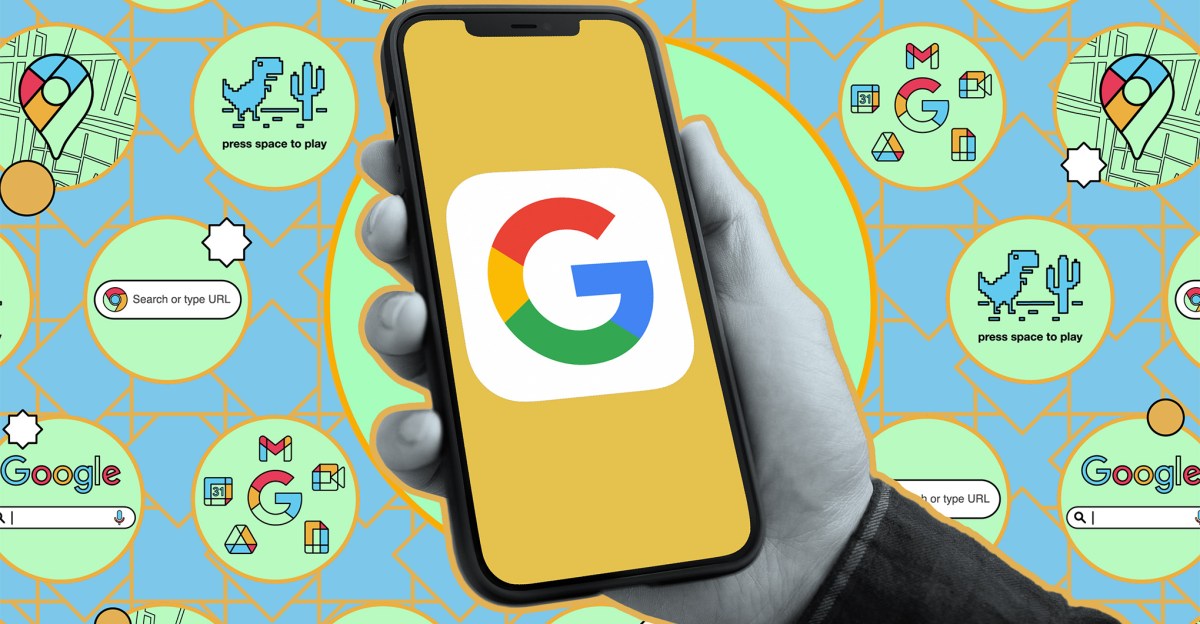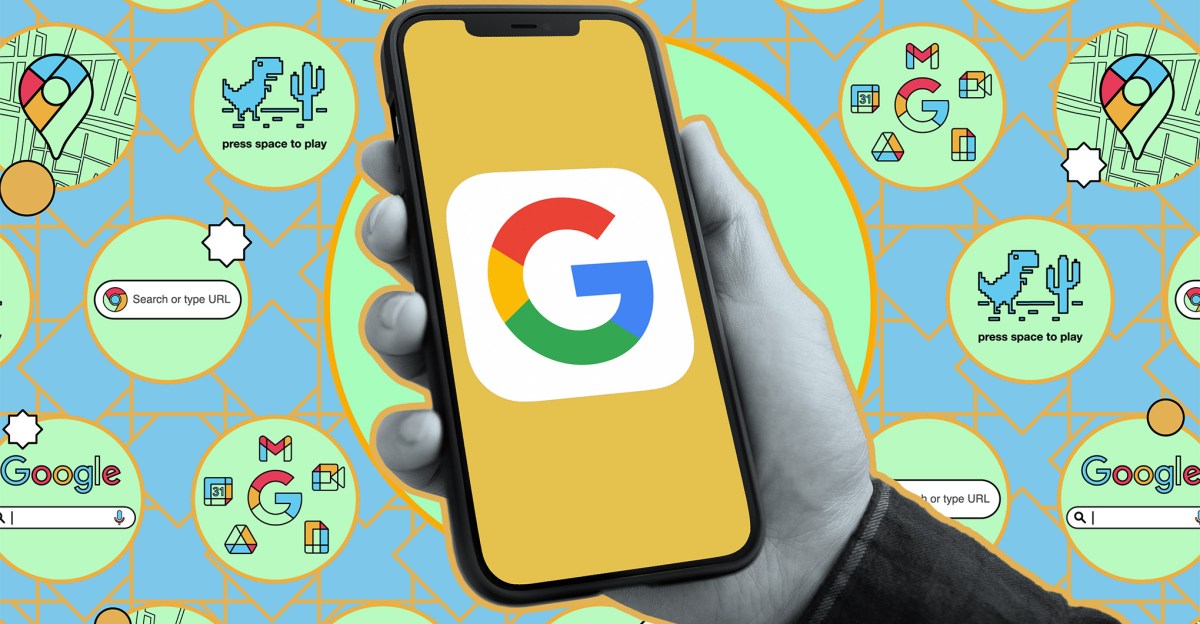Key Points
- Google introduces Private AI Compute, a cloud platform that maintains on‑device‑level privacy.
- The service offloads heavy AI tasks to a secure, fortified cloud space.
- Sensitive user data remains visible only to the user, not even to Google.
- Initial deployment will appear on Pixel 10 phones.
- Magic Cue will provide richer contextual suggestions from email and calendar data.
- Recorder app will support a wider range of transcription languages.
- The approach blends cloud power with strict privacy safeguards.
- Google aims to deliver more personalized AI experiences without compromising data security.

Background
Google’s suite of products increasingly relies on artificial‑intelligence to deliver features like real‑time translation, audio summaries, and conversational assistants. Historically, many of these capabilities have run on‑device, ensuring that user data never leaves the phone, Chromebook, or other hardware. However, the rapid evolution of AI models demands more computational resources than most consumer devices can provide.
Introducing Private AI Compute
To address this gap, Google is rolling out a new cloud‑based service named Private AI Compute. The platform is designed to offload the most demanding AI requests to a secure, fortified space in the cloud while preserving the same level of data protection users expect from on‑device processing. Google describes the service as a “secure, fortified space” where “sensitive data is available only to you and no one else, not even Google.” This model mirrors Apple’s Private Cloud Compute, offering a hybrid approach that combines the power of the cloud with strict privacy safeguards.
How It Works
When an AI request exceeds the processing capability of a user’s device, the request is securely transmitted to Private AI Compute. The cloud infrastructure performs the heavy reasoning and returns the result to the device. Throughout this exchange, the data remains encrypted and is never exposed to Google personnel, ensuring that personal information stays under the user’s control.
Early Deployments on Pixel 10
Google plans to debut Private AI Compute on its upcoming Pixel 10 phones. The first wave of enhancements includes more helpful suggestions from Magic Cue, an AI tool that surfaces contextual information from email and calendar apps. Additionally, the service will broaden the range of languages supported by the Recorder app’s transcription feature, allowing users to capture spoken content in more linguistic contexts.
Implications for Users
The new platform promises to make AI interactions more personalized and accurate without sacrificing privacy. By leveraging cloud resources, Google can deliver sophisticated insights and recommendations that were previously limited by on‑device hardware constraints. At the same time, the stringent privacy model ensures that users retain full ownership of their data, reinforcing trust in Google’s ecosystem.
Future Outlook
Google’s rollout of Private AI Compute signals a strategic shift toward hybrid AI processing that balances performance and privacy. While the initial focus is on Pixel devices, the architecture could extend to other Google hardware and services, potentially reshaping how AI features are delivered across the company’s product portfolio. As the technology matures, Google anticipates further expansions of AI capabilities that remain “just the beginning” of a broader, privacy‑centric AI strategy.
Source: theverge.com
